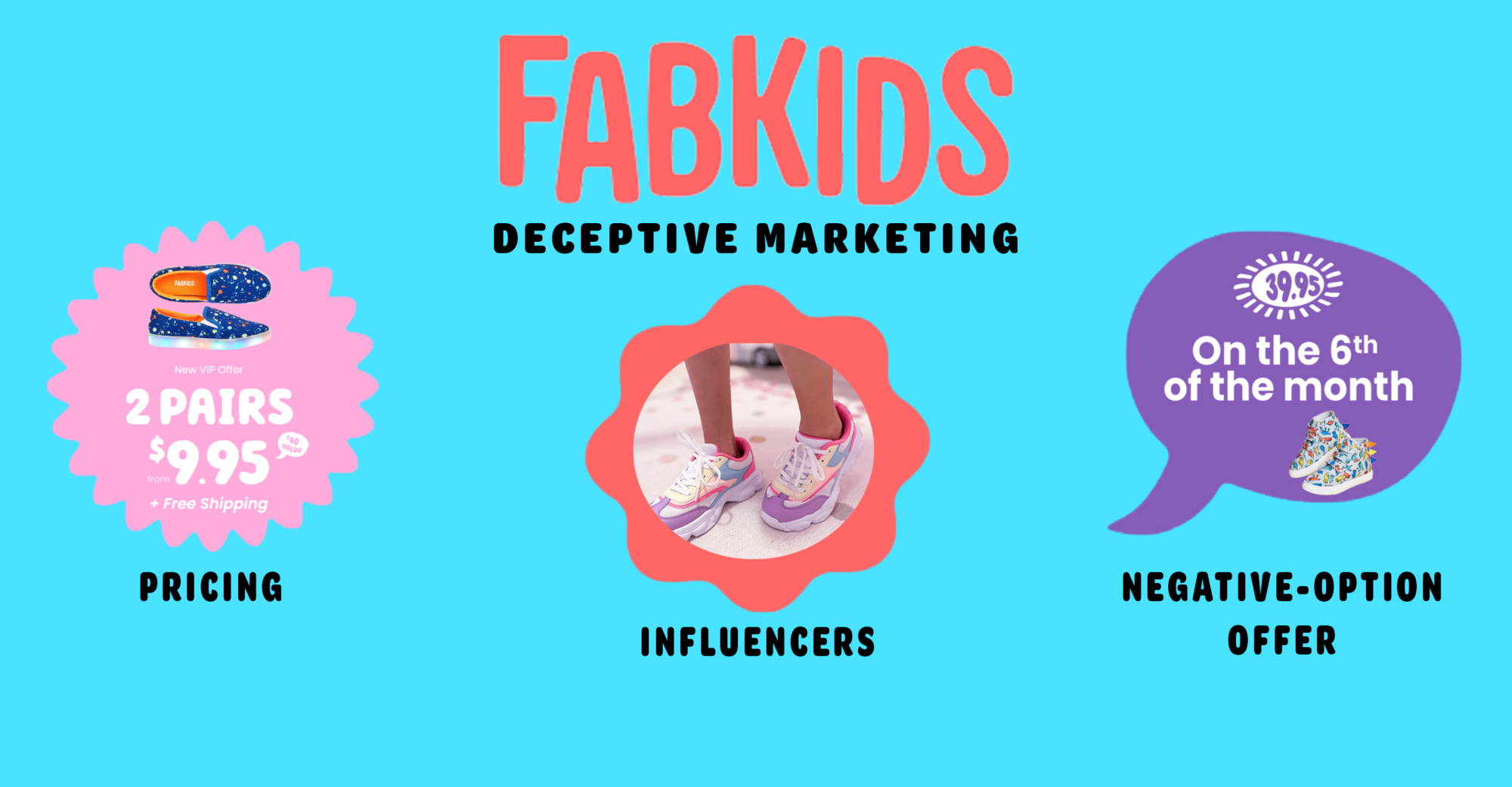
FabKids’ Back-to-School Ads Mislead Parents
Online retailer deceptively advertises members-only prices, TINA.org investigation finds.
Before making any changes to its own rule, the agency will look to see how a 2010 statute plays out.
After seven years of deliberation, the FTC has decided that it will not expand its rule on negative-option marketing despite calls to do so by attorneys general in more than a dozen states and frustrated consumers across the country.
The primary reason, according to the agency, is that it is waiting to see how a 2010 statute enacted by Congress plays out. FTC Secretary Donald S. Clark said in the federal register notice that the agency continues to monitor “the full effects” of the Congressional Restore Online Shoppers’ Confidence Act (ROSCA).
The FTC defines a negative option as “any type of sales term or condition that allows a seller to interpret the customer’s silence, or failure to take an affirmative action, as acceptance of an offer.” The FTC rule only covers prenotification negative-option plans, wherein customers receive periodic notices of upcoming shipments and have a set period to decline the shipment before being charged. According to the notice:
For prenotification plans, the Rule requires sellers to clearly and conspicuously disclose the plan’s material terms before consumers subscribe.
But ROSCA covers any negative-option offer (prenotification, automatic renewals, trial conversions) so long as it’s made online, and the statute carries the same clear and conspicuous disclosure requirement as the FTC rule.
John Andrew Singer of the FTC’s Bureau of Consumer Protection said the agency can take action under ROSCA, though it has yet to bring any cases or complaints against companies for allegedly violating the statute.
“It’s an arrow in our quiver,” he said of the law.
But rather than rely on rules outside the FTC, attorneys general argued during a 2009 comment period that the agency should expand its own rule to guide enforcement. In an October 2009 letter addressed to Secretary Clark, attorneys general from 14 states urged that trial conversions be added to the FTC rule, with the following provisions:
…to (1) prohibit charges following a “free” trial without receiving the affirmative consent of the customer at the end of the trial; (2) mandate periodic notification to consumers of charges to their accounts in trial conversions; (3) set a cap on the number of months that a consumer may be charged and require affirmative opt-in by the consumer to exceed that time limit…
Dozens of consumers wrote to the FTC during the 2009 comment period, which followed a 2007 workshop that the agency hosted on possible changes to the negative-option rule. Many again argued for expanding the rule to cover trial conversions.
Gladys Mastre of Florida wrote that she fell victim to a free trial after she unknowingly enrolled in continuing orders that she found difficult to stop. She argued that the disclosure of continuing shipments should be made more visible.
Almost all of the trade associations that submitted comments supported retaining the rule in its current form.
Magazine Publishers of America, the Promotion Marketing Association, and others argued that the FTC already has enough safeguards to protect consumers from false and deceptive offers, that the industry itself has strong self-regulation, and that consumers value the “uninterrupted delivery” of goods under negative-option plans.
Singer said there have only been “a couple slight modifications” to the FTC rule since it went into effect in 1974, when it was drafted with such negative-option offers as Book of the Month Club in mind. But, he added, the agency has passed other regulations to protect consumers, such as the Telemarketing Sales Rule and a guidance known as Dot Com Disclosures.
The FTC would consider revisiting the rule if it finds that ROSCA and other enforcement tools don’t adequately protect consumers.
For more information on negative-option offers, click here.
Online retailer deceptively advertises members-only prices, TINA.org investigation finds.
Comparing the amount companies agree to pay to settle deceptive marketing charges with their annual revenue.
From “Belgian” chocolates made in the U.S. to knockoff engagement rings, be wary of these roadblocks to love.


